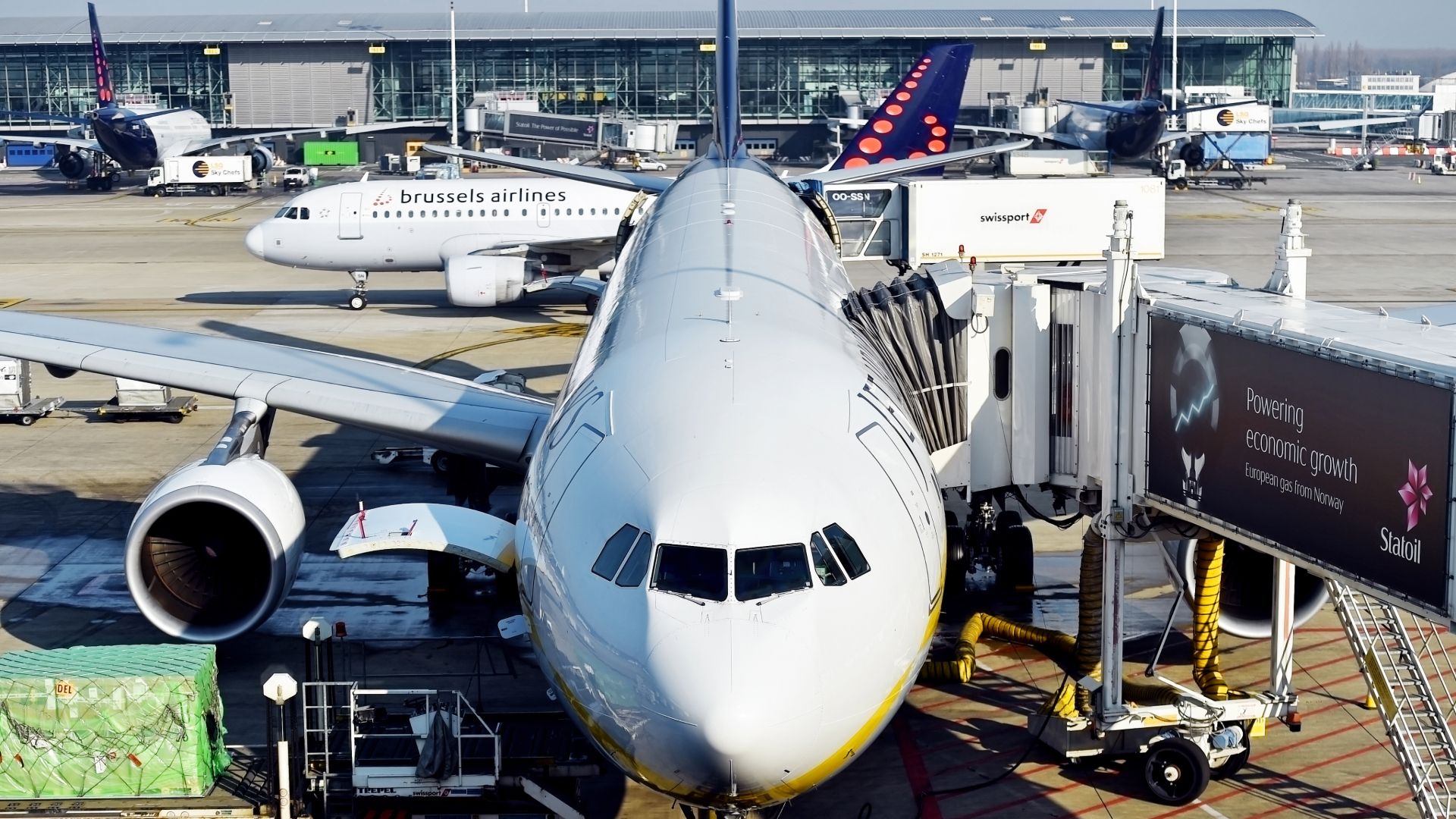World
Brussels Airport’s Environmental Permit Annulled by Court

A recent ruling has annulled the environmental permit for Brussels Airport, following a legal challenge that raised concerns over the validity of its flight restrictions. The Flemish Council for Permit Disputes found that the permit, initially issued in March 2024, did not comply with European law. This decision supports complaints from Brussels Airlines and various stakeholders, emphasizing that the Flemish government must issue a revised permit by June 30, 2029.
The annulled permit introduced several controversial measures aimed at reducing the airport’s environmental impact. Among these were a cap of 240,000 annual flight movements by 2032 and a mandate for a 30% reduction in night-time noise by 2030. These provisions prompted 21 appeals from airlines, regional governments, and municipalities, many of which argued that the measures were overly restrictive and legally flawed.
Brussels Airlines contested the permit, asserting that the Flemish government had overlooked the EU’s required “balanced approach” when imposing flight restrictions. According to European regulations, such limitations should only be considered after exploring alternative solutions, including quieter aircraft, improved flight paths, or effective land-use planning. The airline maintained that the permit’s restrictions adversely affected its network and growth strategies.
The council agreed with Brussels Airlines, stating that the restrictions lacked a solid legal foundation and could not be justified by procedural delays. Following the court’s ruling, Dorothea von Boxberg, CEO of Brussels Airlines, expressed her support for the decision in a LinkedIn post. She stated, “We welcome the ruling on the environmental permit for Brussels Airport. We’re committed to working closely with the Flemish government to help shape a new permit that works for everyone — protecting not only the connectivity for the Belgians but also local communities and their jobs.”
With the permit now invalidated, the Flemish government must issue a compliant version by the end of June 2029. Until that time, operations at Brussels Airport will continue under the annulled authorization, with flights remaining unaffected. Arnaud Feist, CEO of Brussels Airport Company, emphasized that the airport operator would take all necessary actions to secure an updated permit before the deadline. He remarked, “We will take all necessary steps to obtain an amended permit in good time to ensure the continuity of our operations beyond 2029 and the long-term, sustainable development of the airport.”
Brussels Airport has indicated that it is actively collaborating with government and industry stakeholders to establish a framework that balances connectivity with environmental objectives. The airport has reported a significant reduction in overall noise levels, achieving a 60% decrease since 2000. Additionally, it aims to increase the proportion of quieter aircraft in its fleet, targeting that two-thirds of all flights will meet this criterion by 2032.
Located approximately 12 kilometers northeast of the Brussels city center, Brussels Airport is the principal international airport for Belgium and stands as one of the busiest airports in Europe. In the first half of the year, it welcomed over 11 million passengers, with June alone recording around 2.2 million passengers, reflecting a 4% increase compared to the same month last year.
-

 Top Stories3 months ago
Top Stories3 months agoTributes Surge for 9-Year-Old Leon Briody After Cancer Battle
-

 Entertainment4 months ago
Entertainment4 months agoAimee Osbourne Joins Family for Emotional Tribute to Ozzy
-

 Politics4 months ago
Politics4 months agoDanny Healy-Rae Considers Complaint After Altercation with Garda
-

 Top Stories4 months ago
Top Stories4 months agoIreland Enjoys Summer Heat as Hurricane Erin Approaches Atlantic
-

 World5 months ago
World5 months agoHawaii Commemorates 80 Years Since Hiroshima Bombing with Ceremony
-

 Top Stories3 months ago
Top Stories3 months agoNewcastle West Woman Patricia Foley Found Safe After Urgent Search
-

 Top Stories5 months ago
Top Stories5 months agoFianna Fáil TDs Urgently Consider Maire Geoghegan-Quinn for Presidency
-

 World5 months ago
World5 months agoCouple Convicted of Murdering Two-Year-Old Grandson in Wales
-

 World5 months ago
World5 months agoGaza Aid Distribution Tragedy: 20 Killed Amid Ongoing Violence
-

 World5 months ago
World5 months agoAristocrat Constance Marten and Partner Convicted of Infant Murder
-

 Top Stories4 months ago
Top Stories4 months agoClimbing Errigal: A Must-Do Summer Adventure in Donegal
-

 Top Stories4 months ago
Top Stories4 months agoHike Donegal’s Errigal Mountain NOW for Unforgettable Summer Views









